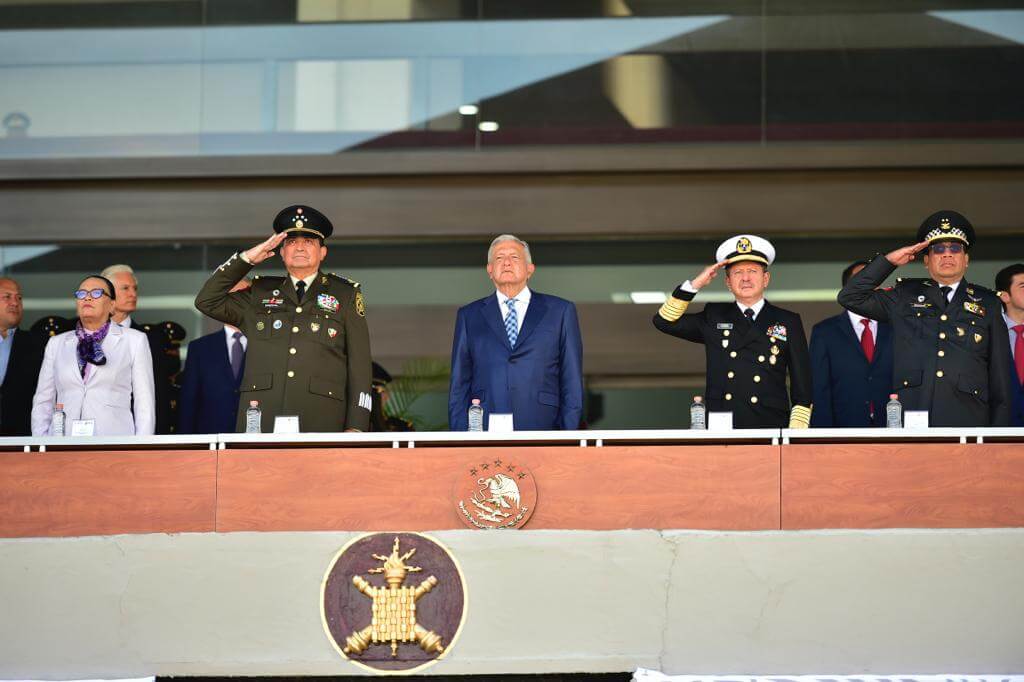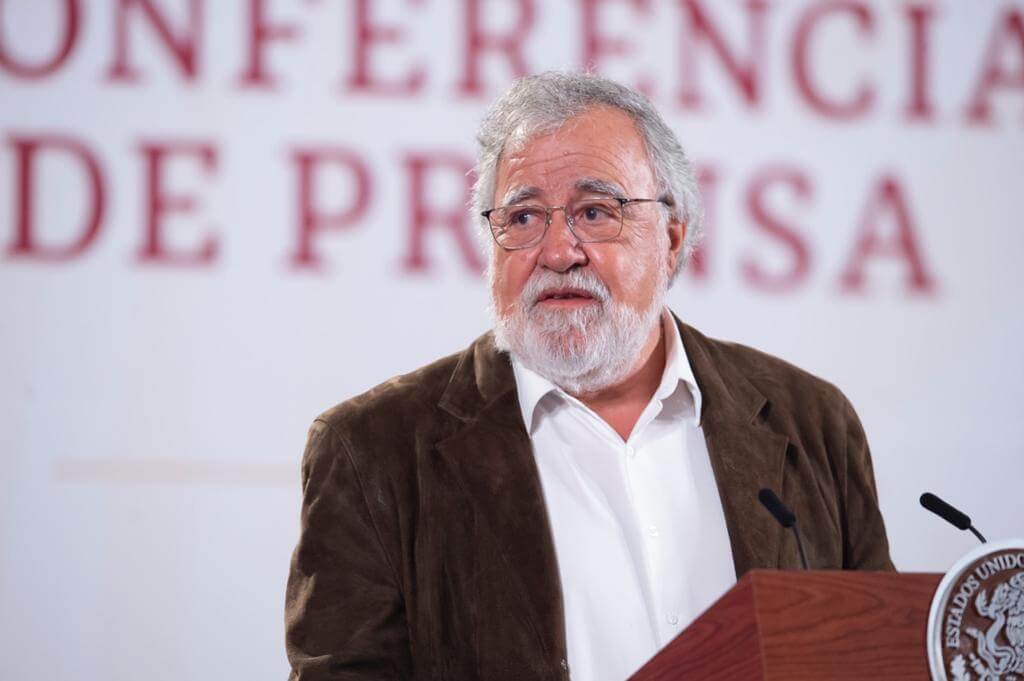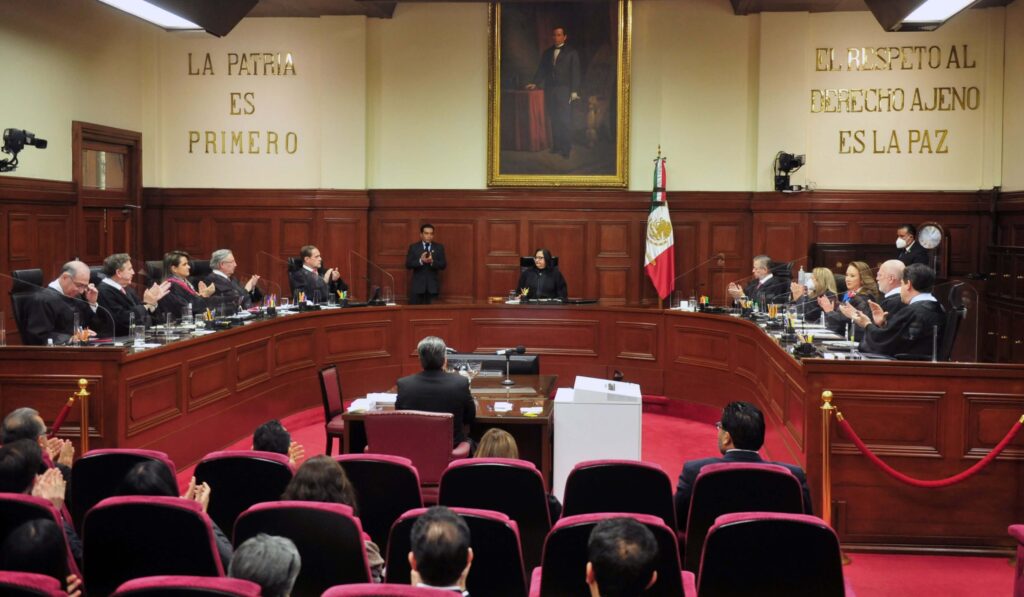Mexico City, Mexico — The New York Times revealed this week that the Mexican military used the Pegasus malware to spy on Undersecretary of Human Rights Alejandro Encinas while he was investigating abuses by the army.
In the last year, the army has piled numerous accusations of using the infamous spyware against journalists and activists documenting human rights violations by the armed forces. However, this is the first time a top government official and close ally to President Andrés Manuel López Obrador is reported to be the target of espionage by the military.
The investigation by the U.S.-based news outlet revealed that Encinas’ phone was “infected” by Pegasus on multiple occasions. While the specific agency behind the attack is unknown, the Mexican military is the sole contractor of Pegasus in the country.
The espionage happened as recently as last year, when Encinas, the leader behind the government commission investigating the disappearance of 43 students in 2014, shared the last report on the investigation linking high military commanders and soldiers to the mass disappearance.

In August 2022, Encinas presented the preliminary findings of the case of the 43 disappeared, where he concluded that it was a state crime in which different security agencies, including the army, participated.
The case of the disappeared students from the Ayotzinapa Rural Teachers’ College is not the only instance where Encinas has antagonized the army. Earlier this year, after the military gunned down five young men in Nuevo Laredo, the undersecretary condemned the event as an illegal execution by soldiers.
Read more: Military allegedly murders five young men in Northwestern Mexico
Human rights defender Raymundo Vázquez, who accompanied the families of the five young men killed by the military in Nuevo Laredo, has also been spied on by the army using Pegasus.
Although the allegations of the military’s usage of espionage against civilians are undeniable, López Obrador has continued to support the armed forces by saying that during his administration, there was no espionage outside of normal gathering of intelligence.
At his morning briefing on May 23, López Obrador said he asked Encinas to dismiss the espionage allegations. “I told him not to make a big deal out of it because there was no intention of spying on anyone,” said López Obrador, confirming that Encinas was spied on but denying the military’s role.

“He had been asked by The New York Times if he was spied on, and he answered that he probably was. But on whose behalf? If everyone used to spy and continues to spy, where do the Guacamayas come from, then?” said the president.
The international hacking collective, known as Guacamaya, is one of the main parties responsible for revealing the contracts between the Secretary of National Defense and Israeli firm NSO Group to purchase their Pegasus software in 2020. Since then the Mexican president has labeled the hacker group a conservative organization looking to attack his administration.
As The New York Times reported, NSO group has pledged to investigate the allegations of misuse of the software Pegasus by the Mexican military and other agencies.
Neither the Mexican government nor Encinas have pushed for legal action against the military.











